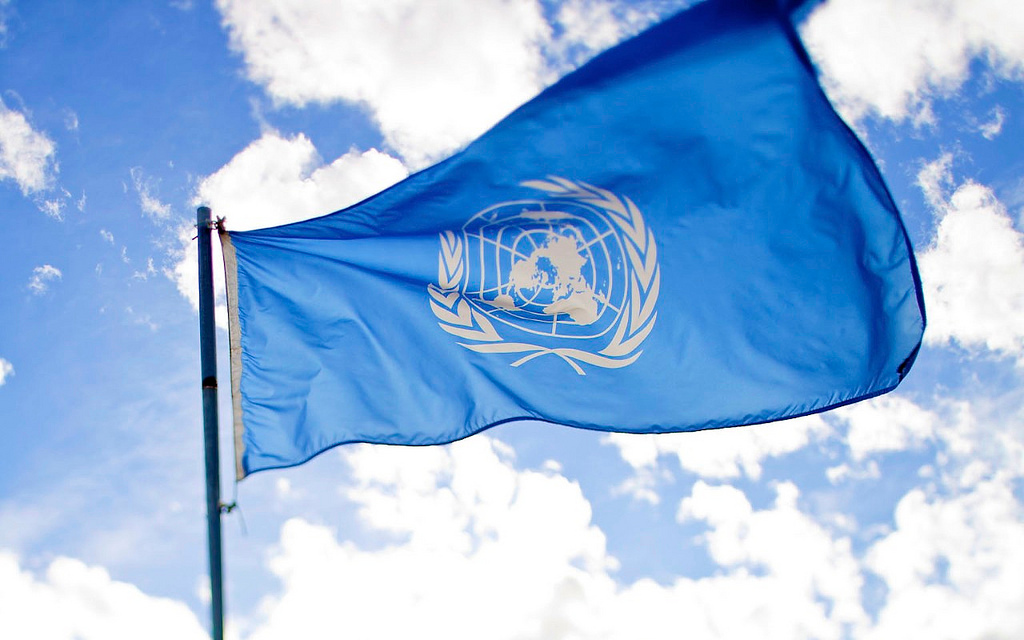26 April 2019 – On 9 April 2019, the United Nations (UN) Committee on the Rights of Persons with Disabilities (CRPD) published its concluding observations on Saudi Arabia’s initial report. Americans for Democracy & Human Rights in Bahrain (ADHRB) welcomes the Committee’s comments and holistic overview of the current status of the situation of persons with disabilities in Saudi Arabia, and calls upon the Government of Saudi Arabia to accept and implement the recommendations of the Committee and to come into full compliance with the Convention on the Rights of Persons with Disabilities.
After reviewing Saudi Arabia’s initial report, the Committee raised numerous concerns, including those surrounding Saudi legislation for its failure to recognize non-discrimination principles for disabled persons; the absence of systematic consultation with organizations led by persons with disabilities; and the lack of disability strategy and implementation of the human rights model of disability established in the Convention. The concluding observations further focused on the failure of the Saudi government to provide equal services to subgroups of persons with disabilities, including women and children. While Bandar Aliaban, President of the Human Rights Commission of Saudi Arabia, has claimed the kingdom’s Vision 2030’s Quality of Life Program 2020 will move the kingdom towards accessible infrastructure to ensure that persons with disabilities can live independently and integrate into society, the Committee remained concerned over the implementation of these programs. Further, the Saudi Human Rights Commission has come under scrutiny for its lack of independence from the government. Fundamentally, the CRPD expressed its concerns that the Saudi Human Rights Commission largely failed to meet standards prescribed in the Paris Principles, and ultimately scrutinized the institution’s ability to uphold and meet the standards of the Convention.
Regarding the situation of women with disabilities, the CRPD called attention to the lack of specific measures to promote participation in political and public life. Women with disabilities in Saudi Arabia suffer from multiple forms of discrimination, including the male guardianship system which prevents women with disabilities from enjoying the rights entitled to them by the Convention independently, as men with disabilities are able to do. The rights of children with disabilities also suffer from a lack of specific protections in legislation like the Child Protection Act and the Protection from Abuse Act. Under these laws, children with disabilities can be subjected to corporal punishment, discrimination, and stereotypes. In addition, the CRPD noted that the lack of available health, education, and social services to children with disabilities; the absence of consultation with children with disabilities and their families in protection mechanisms; and the lack of meaningful consultation regarding cochlear implant procedures for deaf or hard-of-hearing children all contribute to the lack of specific protections for children with disabilities.
The CRPD made a number of recommendations that if implemented, would promote equal rights for persons with disabilities in Saudi Arabia. It recommended the Saudi government “adopt legislation that explicitly recognizes (i) the right to equality and prohibits discrimination on the basis of disability, (ii) the denial of reasonable accommodation as a form of disability-based discrimination, as well as (iii) multiple and intersecting forms of discrimination.” The Committee also recommended that the State party “raise awareness among actors of the judiciary, law enforcement officers, civil servants, employers, educational and health professionals and persons with disabilities themselves, of the right to equality and non-discrimination.” Other recommendations further entailed potential programs to ensure the full participation of women and children with disabilities in public and political life.
In addition, the CRPD voiced explicit concerns about the torture and exploitation of persons with disabilities, recommending the implementation and promotion of complaint mechanisms and hotlines among the community to encourage individual reporting. Carrying out this recommendation would prove critical to protecting persons with disabilities in the kingdom, in particular given the recent execution of a person with disabilities. On 23 April 2019, Munir Al Adam was executed along with 36 other men. Officers from the General Directorate of Investigation had tortured and denied Al Adam an operation that would have saved his hearing, with the result that he went permanently deaf in one ear. He was the subject of a 2018 decision by the CRPD. In the decision, the Committee found Saudi Arabia in violation of its obligations under the Convention and called upon the kingdom to provide Al Adam with effective remedies.
The CRPD concluded by emphasizing that Saudi Arabia, as a State party to the Convention, has an obligation to collect, analyze, and disseminate disaggregated data on the enjoyment of the rights of persons with disabilities provided under the Convention. It further noted the duty of the Saudi Human Rights Commission to promote and protect the human rights of persons with disabilities. It urged the Saudi government to address its concerns and to work with civil society and non-governmental organizations to take immediate measures to improve the living environment for persons with disabilities in Saudi Arabia.
“The Committee’s concluding observations reveal the extent of discrimination against persons with disabilities in Saudi legislation and society,” says Husain Abdulla, Executive Director of ADHRB. “Munir Al Adam’s case further demonstrates the urgency of implementing the Committee’s concerns for the protection of persons with disabilities from torture and cruel, inhuman or degrading treatment. Given Al Adam’s recent execution and ongoing systematic discrimination against this community, the Government of Saudi Arabia must accept and immediately carry out the recommendations provided by the CRPD.”
ADHRB welcomes the Committee’s concluding observations. With Saudi Arabia’s combined second, third and fourth reports due by 24 July 2026 for a follow-up review, we urge the kingdom to fully implement the Committee’s recommendations. We call upon the international community to hold the Government of Saudi Arabia to its treaty body obligations and to ensure that persons with disabilities enjoy to the fullest extent, their internationally sanctioned human rights including full integration into the kingdom’s social, economic, and political fabric.





